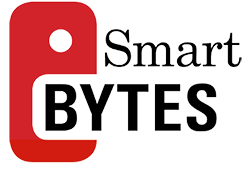6 Steps to Help Your Child Make Friends
April 22, 2024

Selecting an appropriate college for students with learning disabilities is vital to their success. Because students leave high school with different levels of preparedness and varying abilities, a continuum of support services has emerged. Some colleges offer extensive services, while others provide minimal support. To ensure a good match, evaluate your child’s learning style and link him or her with an institution that provides the level of support appropriate needed.
Colleges with minimal support cater to students who received minimal support in high school. In this environment, students must
While recognizing the needs of students with learning disabilities and providing adequate adjustments, these schools may not have a structured support program to administer appropriate accommodations.
Colleges with moderate levels of structured support may offer accommodations that are more sensitive to students with learning disabilities and attention issues. There may be
The highest level of support comes from comprehensive, usually fee-based programs that provide support until a student feels comfortable assuming full responsibility for his own program. Colleges with these programs may offer:
Students who require this level of structure may have completed high school within the general education classroom but relied on the resource teacher for direction and support. They may be unable to self-advocate and may have had difficulty completing their high school requirements. A summer transition program offered on campus may be helpful to communicate academic and social expectations and acquaint students with available support services, as well as the town and gown environment.
This article is based on information presented by educational consultant Daria Rockholz, Ph.D., at an event sponsored by SPED*NET, Special Education Network of Wilton, Ltd., in Wilton, CT.